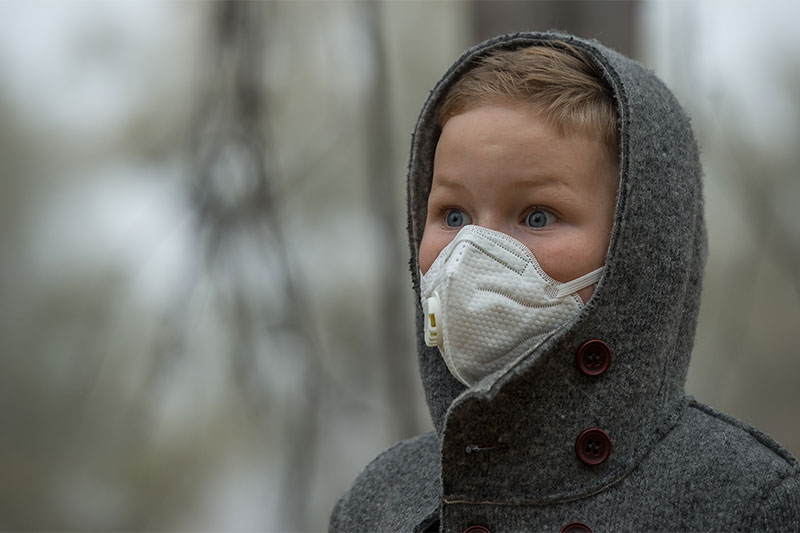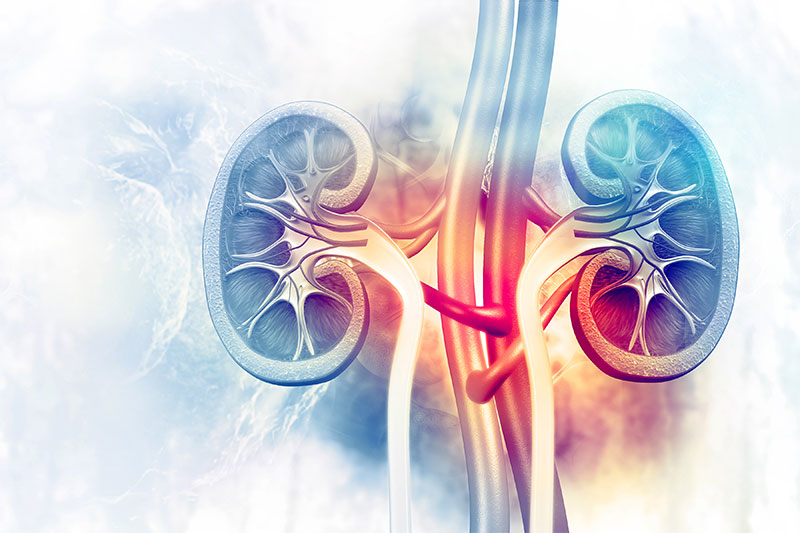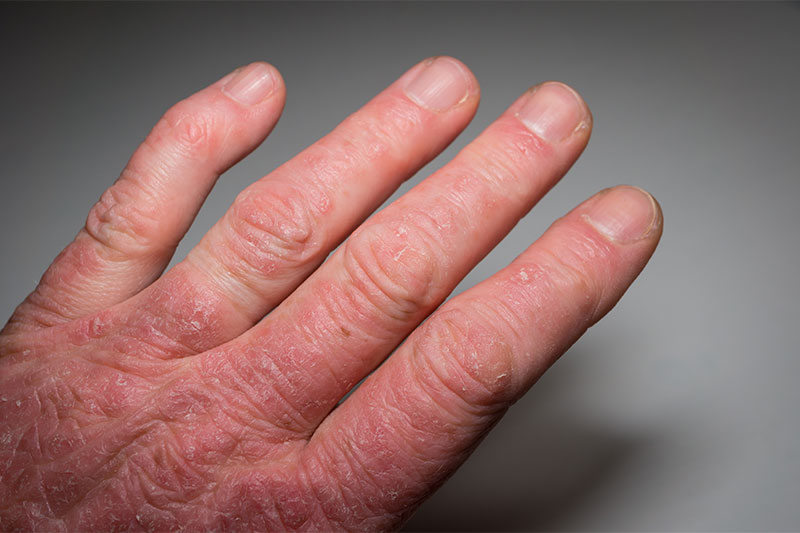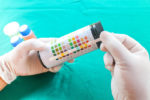Just because you eat a healthy diet, exercise and are in good shape for your age, doesn’t mean you’re at low risk of having a heart attack.
According to many studies, nearly half of all heart attacks happen to people who have a healthy heart. This is because there are other hidden factors that can contribute to heart attacks. The problem is, you may not realize these things are potential risks. Being informed and making some small changes to your daily living habits can play a big part in helping you to reduce further your risk of developing a heart-related health issue.
Here’s a list of seven hidden heart attack risks and ways to avoid them.
Unused vacation time

Understand that you work hard, and you deserve a break. Taking regular time off can cut your odds of having a heart attack by almost a third. However, most Americans don’t use all their vacation days. It’s time to change that.
Make plans for a stress-relieving getaway, and your heart will thank you. If you can’t afford a vacation right now, make plans for a stay-cation. Anytime away from the office and your work stress is right for your health. Take some time off; you earned it.
Stress from a bad marriage and/or friendship

Being in any kind of bad relationship can lead to physical and emotional hardships in the form of stress, anxiety, and other negative feelings. Dealing with stress and anxiety can result in an increased heart rate, blood pressure, and other heart problems, according to WebMD. About 75 to 90 percent of all doctor’s office visits are for stress-related ailments.
Do your heart a favor and work on bettering your relationships. Being upset with your friend or husband or wife can have a bigger impact on your health than just feeling upset.
Secondhand smoke

According to the Mayo Clinic, secondhand smoke exposure is a risk factor for having a heart attack. Studies suggest that the chemicals in secondhand smoke can irritate the lining of your arteries and cause them to become inflamed. This inflammation can narrow your arteries and increase the risk of a heart attack.
Breathing secondhand smoke can also cause the cells in your blood responsible for clotting to increase in number. This can cause your blood to become more likely to clot, which can lead to a blocked artery and a heart attack or stroke. Studies also suggest that heart attack rates go down in areas after smoking bans are implemented.
If you’re around smokers encourage them to smoke outside to reduce the amount of secondhand smoke. This is especially important if you have already suffered from a heart attack or other heart-related issues.
Breathing dirty air

Along with breathing in secondhand smoke, inhaling ozone is also a risk factor for having a heart attack. Ozone is the dark fumes that result when tailpipe and smokestack fumes meet sunlight and hot weather. Breathing this can kill cardio cells and throw off your heartbeat, boosting your susceptibility for a heart attack even if you don’t have heart disease.
To avoid this, heed dirty-air warnings on the news. On these days it’s best to exercise indoors. On normal days, avoid exercising on high-traffic streets or behind diesel buses and trucks that spew out harmful fumes. They tailpipes emit chemicals and tiny particles that can inflame lungs and arteries, rupture plaque buildups, stimulate blood clots and raise blood pressure.
Kidney health

Kidneys are an essential part of your body’s waste removal system. However, in many adults, about one in nine, their kidneys are not fully functional. Low kidney function stiffens arteries and causes inflammation. Over time, this can triple your risk of developing heart problems. High blood pressure, diabetes and genetics can all weaken kidneys. Help maintain your blood pressure and kidneys with regular check-ups by your doctor.
If you have a family history of kidney problems, make sure to share this with your doctor as those health issues are hereditary and signify a high risk for you. In addition to your doctor’s visits, eating a healthy diet can lower your blood pressure, blood sugar and avoid bad genes being triggered by unhealthy eating habits.
Your siblings’ heart health

Like the kidneys, heart problems are hereditary too. Having parents with heart problems increases your chances of vulnerability, but your sibling’s heart health issues signify an even higher risk for you. Having a sibling with heart disease before he or she is 60 doubles your odds of having heart trouble.
Make sure to tell your doctor if you have a sibling with a heart-related health issue. If you do have a sibling with a heart problem let it be a warning sign that you need to take extra steps to eat healthily and keep your blood pressure, LDL (bad) cholesterol, and inflammation levels down.
Psoriasis, lupus and rheumatoid arthritis

These conditions don’t seem heart-related, but they are all inflammatory diseases. Inflammation creates plaque in your arteries with can lead to heart problems. It’s extra important to keep inflammation under control if you have one of these diseases as they significantly increase your risk of having a heart attack.
Here’s the breakdown: psoriasis increases heart disease risk by almost 80 percent, Lupus doubles he normal risk of heart disease and Rheumatoid arthritis raises your heart attack chances by 60 percent. Gum disease can also cause internal inflammation and not just in your mouth. Make sure to take care of your mouth and gums.


